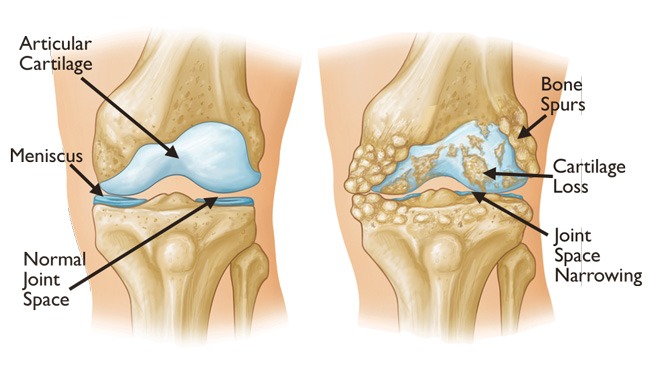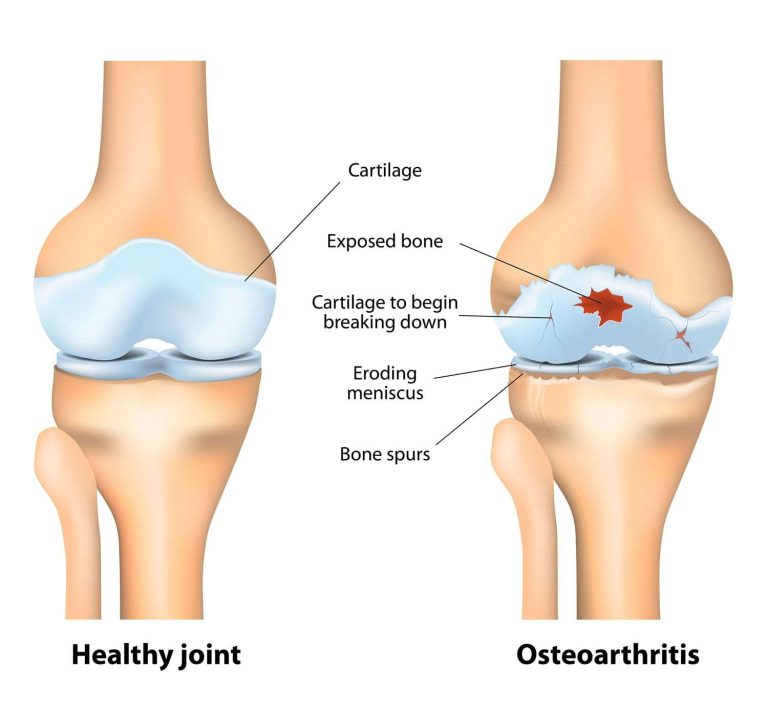If you’re struggling with knee pain and exploring treatment options, you’re not alone. Many people face the tough decision between knee replacement surgery and stem cell therapy for knee pain. It’s natural to feel confused about which path will give you the best results.
The good news? Both knee replacement and stem cell therapy offer promising benefits, but each has its own advantages depending on your condition, lifestyle, and health goals. Also why DR.GK BONES AND JOINT CENTRE- best hospital for knee replacement surgery in south bangalore is best in business.
We’ll walk you through the benefits and challenges of knee replacement surgery and stem cell therapy, so if you’re curious about stem cell therapy for knee pain or considering knee replacement surgery, we’ve got you covered.
UNDERSTANDING KNEE REPLACEMENT SURGERY-
Knee replacement surgery is a well-established procedure that has helped millions regain mobility and reduce pain from severe arthritis, injury, or joint damage. During this surgery, a damaged knee joint is replaced with an artificial implant, designed to restore function and relieve pain.
Knee replacement surgery benefits include long-lasting relief, improved joint stability, and the ability to return to everyday activities with much less discomfort. Many patients report a dramatic improvement in quality of life after surgery.
However, like any major surgery, knee replacement comes with risks such as infection, blood clots, or implant wear over time. Recovery can take several weeks to months, involving physical therapy to regain strength and flexibility. It’s usually recommended for those with advanced joint damage where other treatments have failed.
WHAT IS STEM CELL THERAPY FOR KNEE PAIN?
Stem cell therapy is a newer, minimally invasive option gaining attention for knee pain relief, especially for early-stage arthritis or joint injuries. This treatment uses stem cells which are special cells that can develop into different tissue types to promote healing and reduce inflammation in the knee.
The idea is to harness your body’s natural ability to repair damaged tissue, potentially delaying or even avoiding the need for surgery. Patients typically undergo a simple procedure where stem cells are harvested (often from bone marrow or fat tissue) and injected into the affected knee. Stem cell therapy is appealing because it involves less downtime, fewer risks, and aims to restore joint function by regenerating cartilage and reducing pain.
KNEE REPLACEMENT OR STEM CELL THERAPY: WHICH SHOULD YOU CHOOSE?
Choosing between knee replacement surgery and stem cell therapy depends on several factors:
- Severity of Knee Damage: If your knee joint is severely worn out, knee replacement is often the more effective solution. Stem cell therapy may be better suited for mild to moderate cases.
- Age and Health: Younger patients or those with fewer health risks might prefer stem cell therapy as a less invasive approach. Older patients or those with significant mobility limitations may benefit more from replacement surgery.
- Recovery Time: Knee replacement involves longer recovery and rehab, while stem cell therapy usually requires minimal downtime.
- Long-Term Results: Knee replacement offers predictable, long-term pain relief, while stem cell therapy is still being studied for its lasting effects.
It’s crucial to consult with an experienced orthopedic specialist who can evaluate your condition and recommend the best course. They can guide you based on your X-rays, pain levels, lifestyle, and treatment goals.
FAQs-
1. How long does recovery take after knee replacement surgery?
–Most patients need 6-12 weeks for significant recovery, with ongoing improvement up to a year.
2: Is stem cell therapy painful?
–The procedure involves minor discomfort during injection, but it is generally well tolerated with quick recovery.
3: Can stem cell therapy replace knee replacement surgery?
Not always. Stem cell therapy works best in early-stage knee issues and may delay surgery but is not a replacement for advanced joint damage.
4: What are the risks of knee replacement surgery?
Risks include infection, blood clots, implant failure, and stiffness, though these are relatively rare with modern techniques.
CONCLUSION-
Deciding between knee replacement or stem cell therapy depends largely on your knee’s condition, your overall health, and your lifestyle needs. Knee replacement surgery remains a reliable and effective solution for severe joint damage, providing long-term pain relief and restored mobility. Meanwhile, stem cell therapy offers a promising, less invasive alternative for early-stage knee problems, with faster recovery and potential joint healing.
For those seeking expert care, DR.GK BONE AND JOINT CENTRE-the best hospital for knee replacement surgery in South Bangalore offers state-of-the-art treatments with experienced specialists dedicated to your recovery and wellbeing. Book your consultation today!




